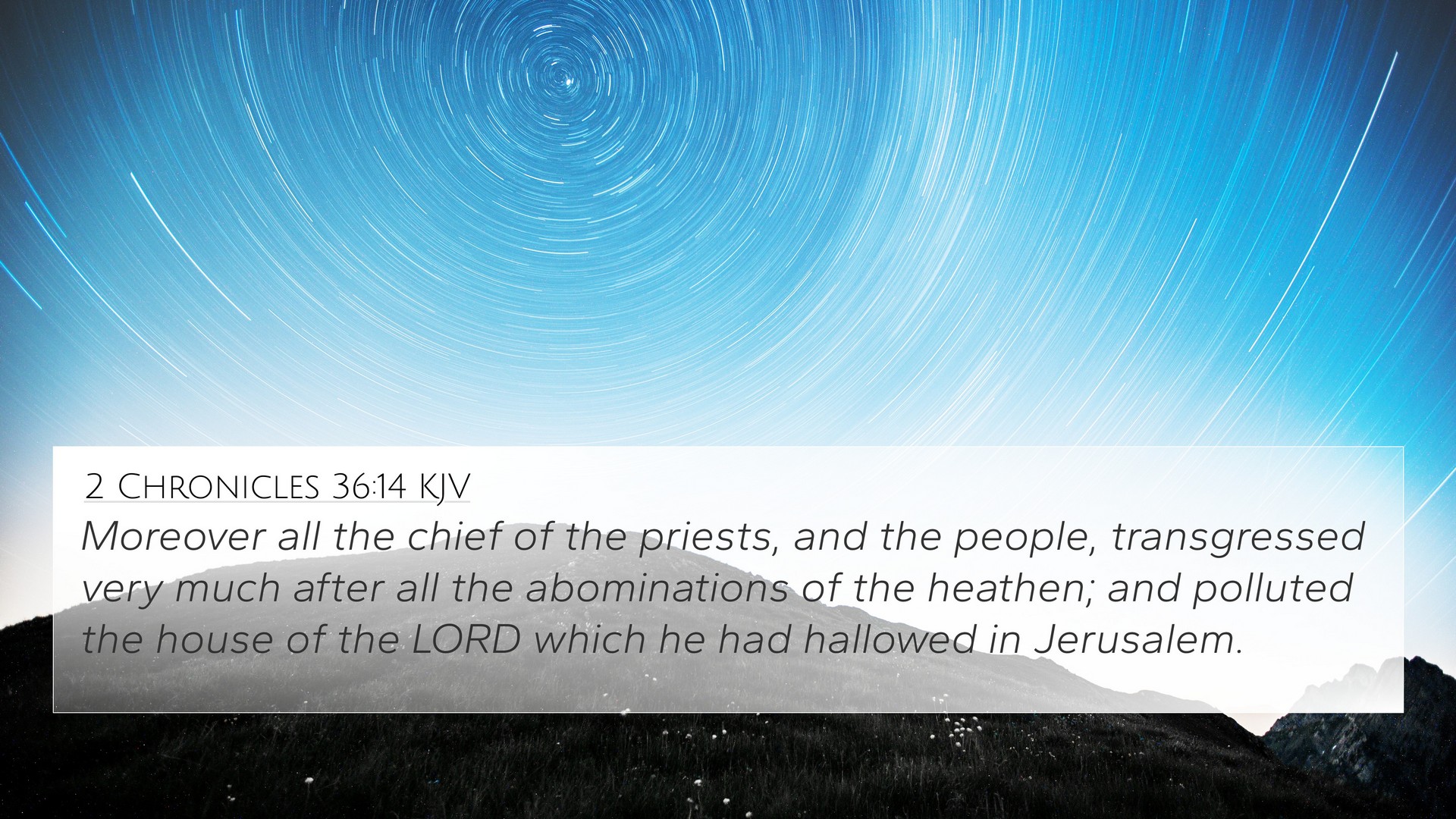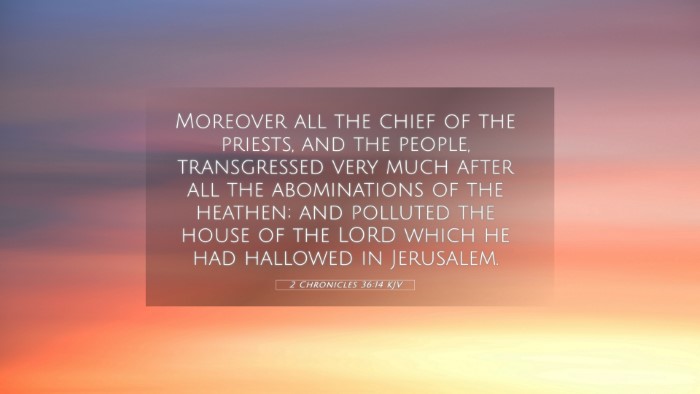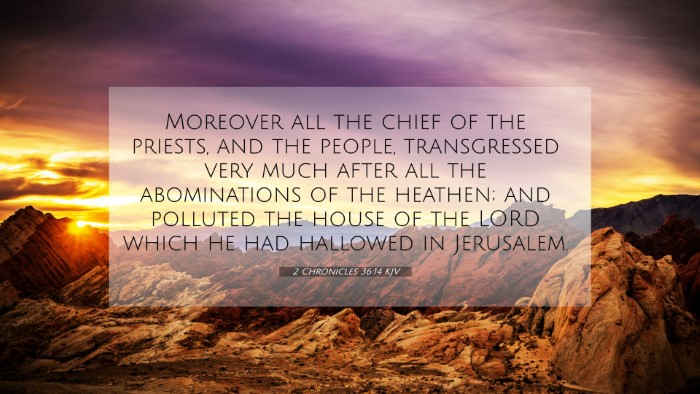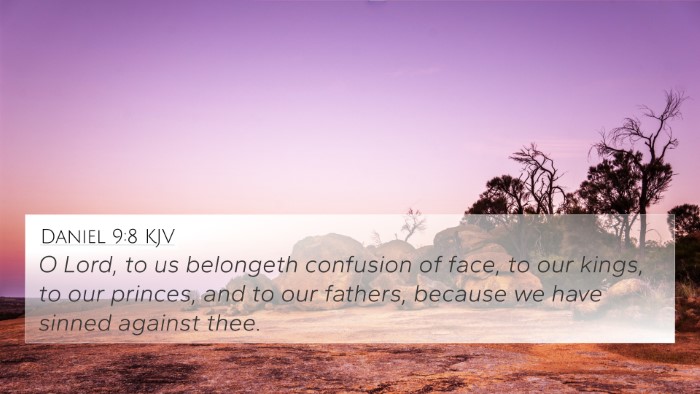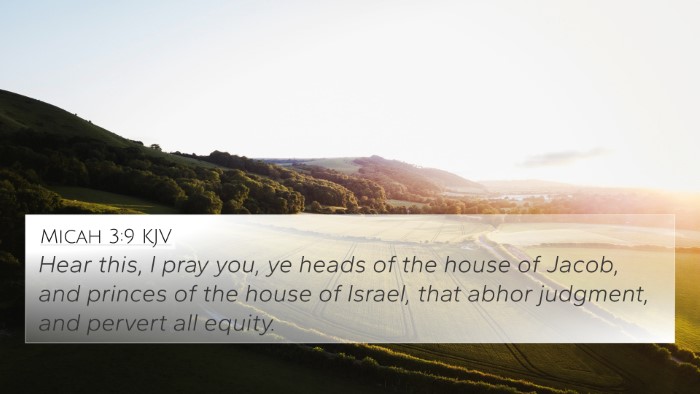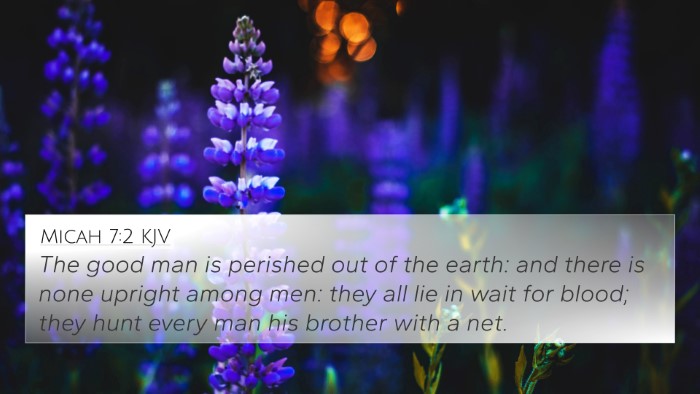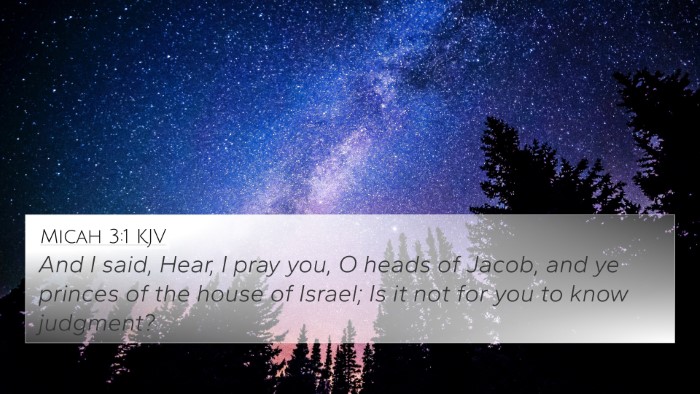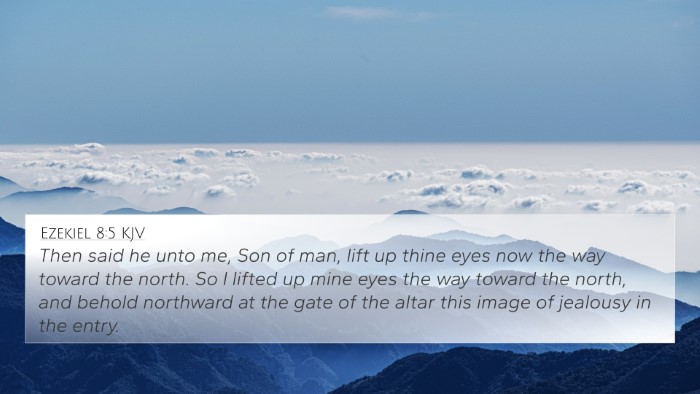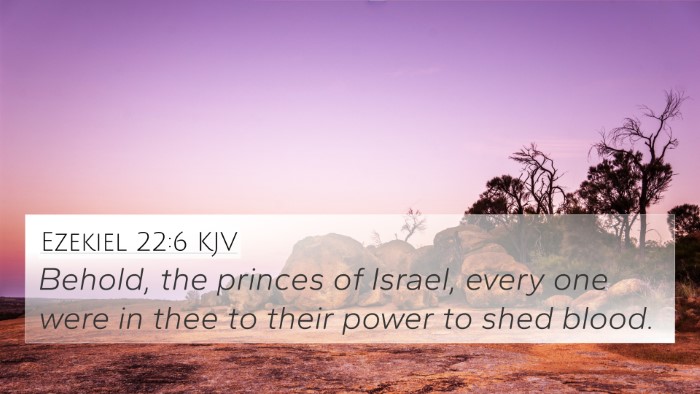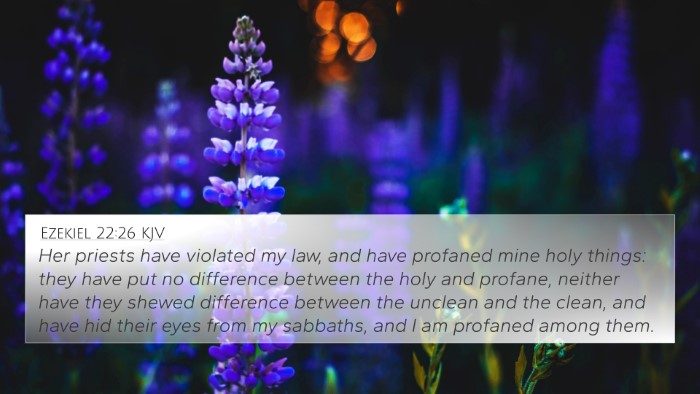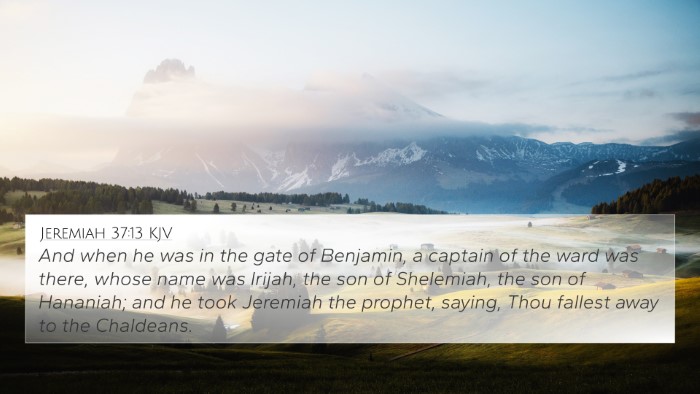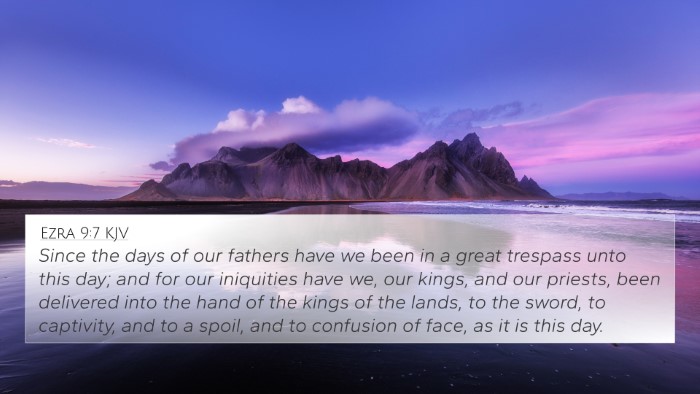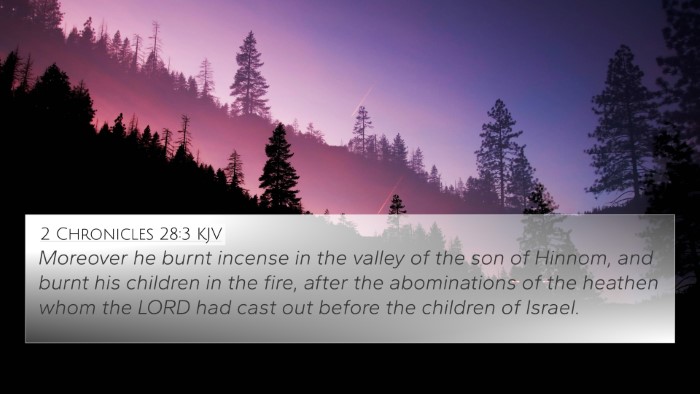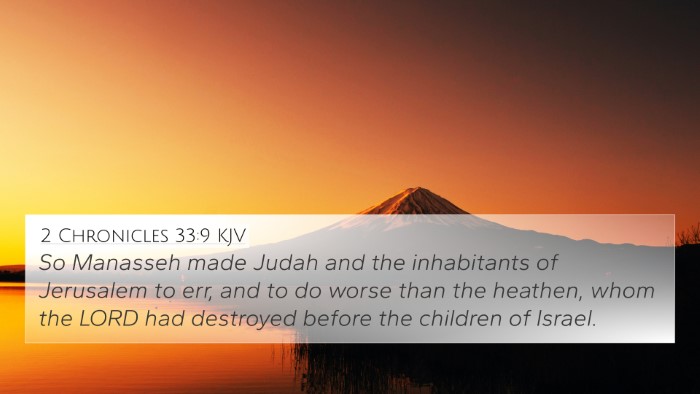Understanding 2 Chronicles 36:14
Bible Verse: 2 Chronicles 36:14
"Moreover, all the chief of the priests, and the people, transgressed very much after all the abominations of the heathen; and polluted the house of the Lord which he had hallowed in Jerusalem."
Summary and Meaning
This verse from 2 Chronicles addresses the grievous sins of the leaders and people of Israel during the waning days of the kingdom of Judah. As summarized by notable public domain commentators, the verse reveals several key themes and highlights the profound implications of spiritual decline amongst God's chosen people.
Key Themes
- Transgression Against God: The chief priests and the people engaged in acts that were abhorrent, paralleling the practices of surrounding heathen nations and forsaking the sacred commandments of God.
- Pollution of the Sacred: They polluted the very house that was consecrated to the Lord, which serves as a stark warning about the responsibilities held by spiritual leaders and the community in maintaining holiness.
- Judgment and Restoration: This transgression sets the stage for God's impending judgment, which is a recurring theme throughout the Scriptures, often leading to calls for repentance and restoration.
Commentary Insights
Matthew Henry's Commentary: Henry emphasizes the severe nature of the people's sinfulness and highlights that their departure from God's law was not an isolated incident but part of a broader trend of rebellion against divine authority. He stresses that such actions lead to spiritual desolation.
Albert Barnes' Notes: Barnes points out that this verse indicates a complete disregard for the holiness of the temple. The symbolism of the temple as a sacred space is significant, as it represents the dwelling place of God among His people. The act of pollution serves as a metaphor for the relationship between Israel and God being fundamentally broken.
Adam Clarke's Commentary: Clarke recognizes the lamentable condition of the priests, asserting that their compromise with pagan rituals and idolatry signifies a total moral collapse. He reflects on the consequences of such actions, foreshadowing the devastation that follows in the narrative of Israel’s history.
Bible Verse Cross-References
Understanding 2 Chronicles 36:14 can be enriched by examining related passages that echo similar themes of transgression and divine judgment:
- Jeremiah 7:30-31: Details the abominations committed in Judah and the sacrifices made in the Valley of Hinnom.
- Ezekiel 8:6: Describes idol worship within the temple itself, highlighting the serious breach of covenant with God.
- Isaiah 1:11-15: God expresses disgust towards empty sacrifices and rituals when the heart is far from Him.
- 2 Kings 21:2: Mentions the reign of Manasseh, who led Judah into deep idolatry and sin.
- Psalm 79:1: A lament over the destruction of the temple; reflects on how desecration draws God’s judgment.
- Haggai 1:9: Calls out the people’s neglect of God's house, illustrating the consequences of misprioritized worship.
- 2 Chronicles 30:7: Indicates the need to turn from transgressions against the God of their fathers.
Connecting the Texts
Through these passages, we can see a clear pattern: when the people of God stray from His commands and engage in practices contrary to His will, profound consequences ensue. This inter-Biblical dialogue serves to underscore the importance of fidelity to God's word.
Thematic Bible Verse Connections
The examination of 2 Chronicles 36:14 in light of these references fosters a comprehensive understanding of the biblical themes of sin, judgment, and the need for repentance. It highlights the importance of maintaining a pure spiritual integrity within both the individual and corporate body of believers.
Bible Study Methods
For those interested in deeper exploration, utilizing a Bible concordance or a Bible cross-reference guide can significantly enhance your study. Engaging with these tools can facilitate a more thorough understanding of the connections between Bible verses, enabling a richer engagement with scripture.
Conclusion
In conclusion, 2 Chronicles 36:14 serves as a poignant reminder of the dangers that arise when God’s people neglect His ways. By understanding the implications of this verse within the wider narrative of Scripture and employing effective cross-referencing methods, believers can garner profound insights for their spiritual growth and scriptural comprehension.
